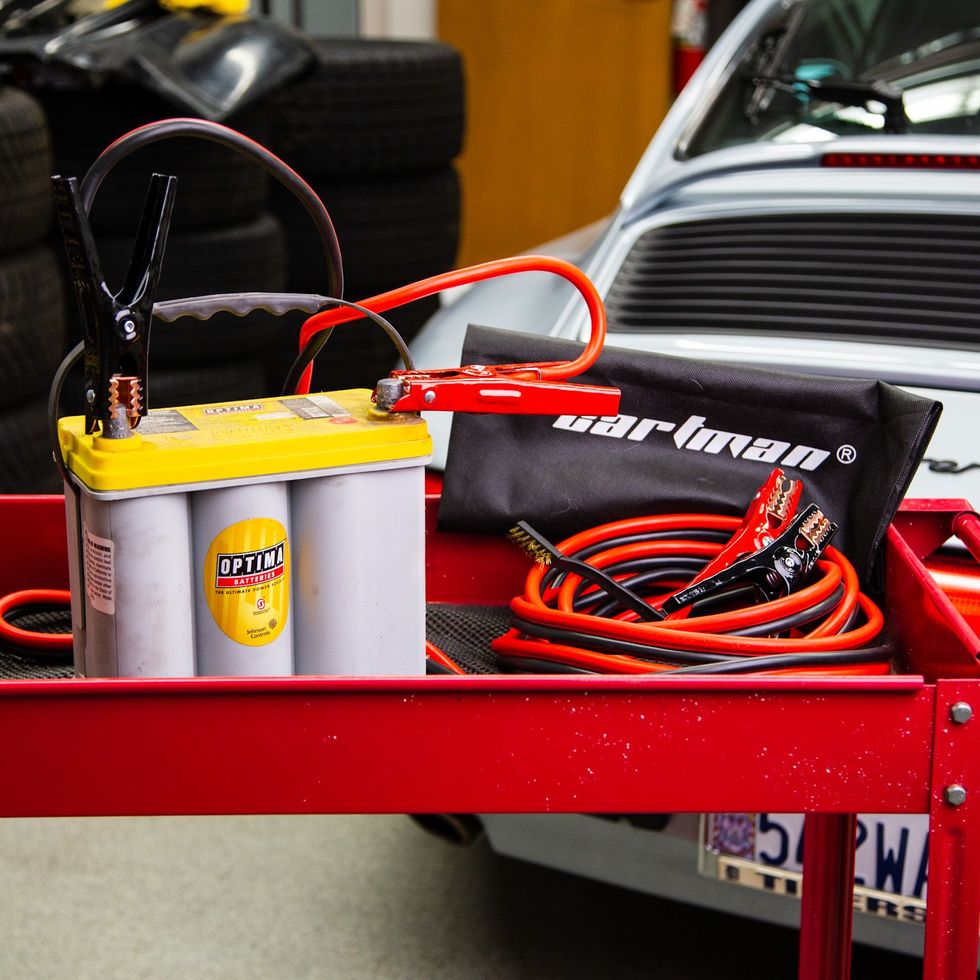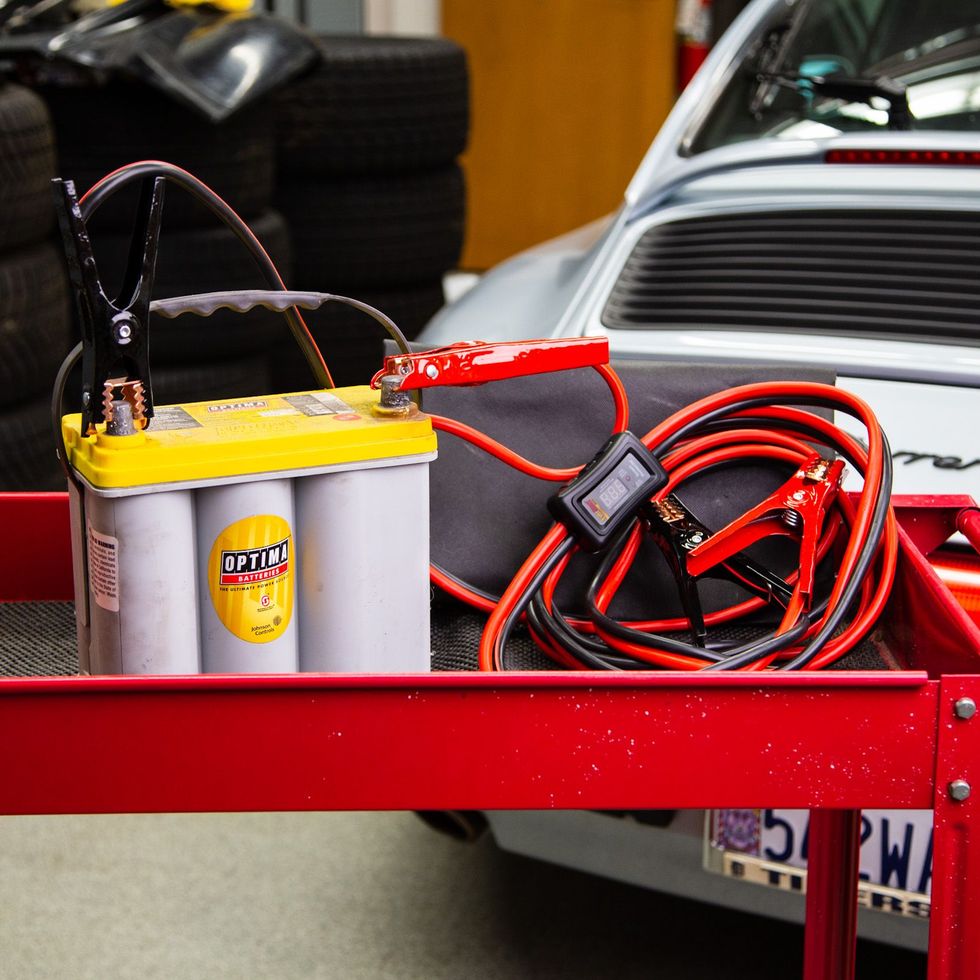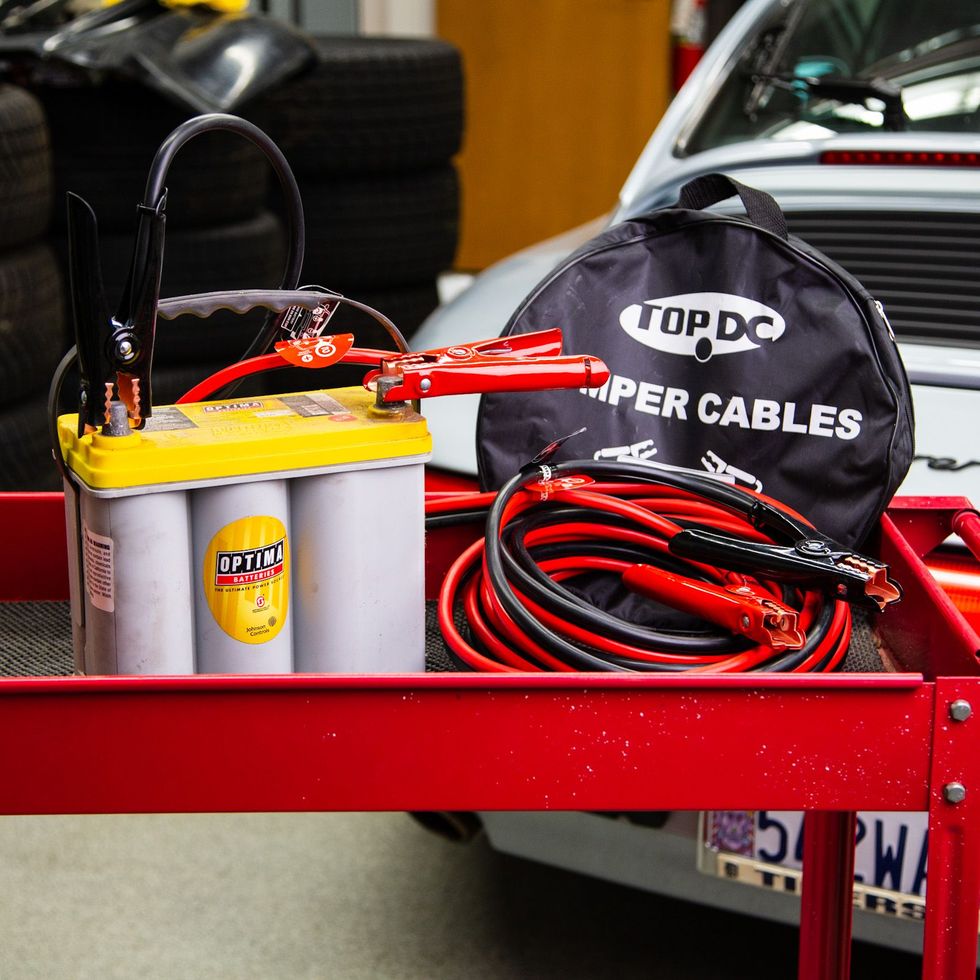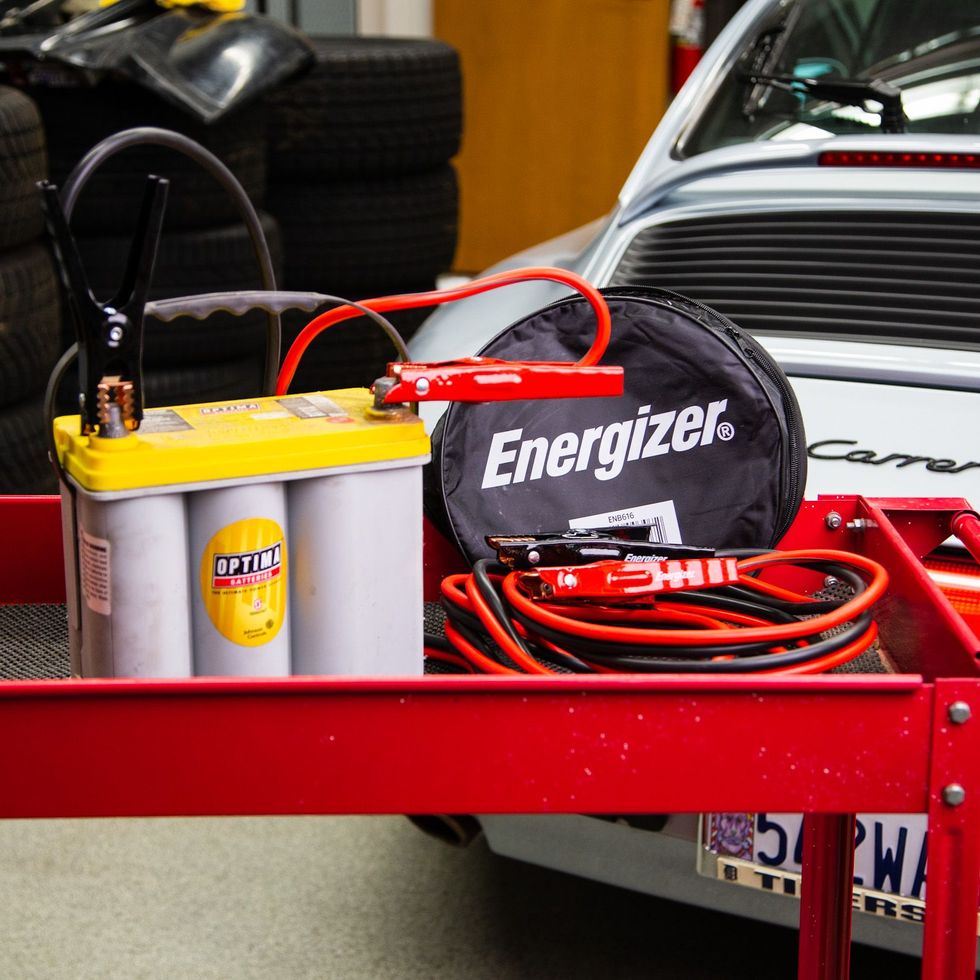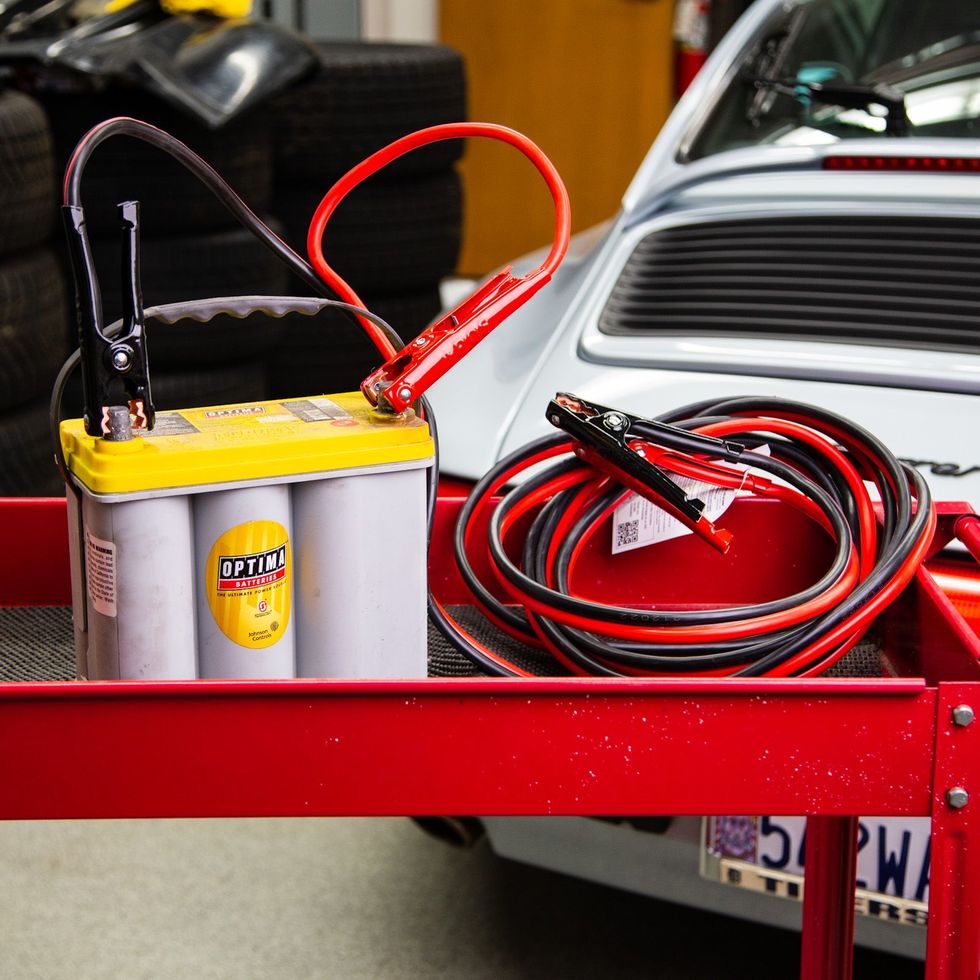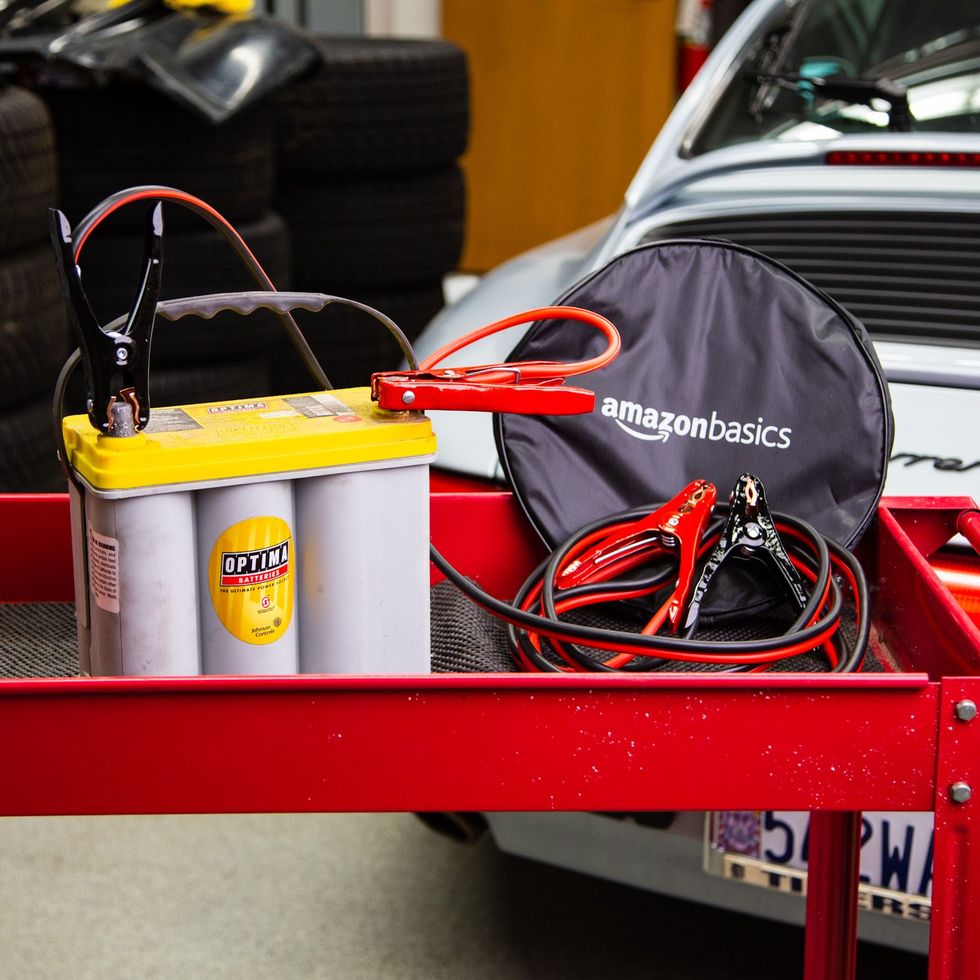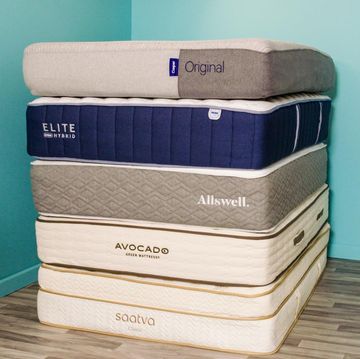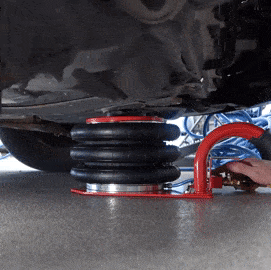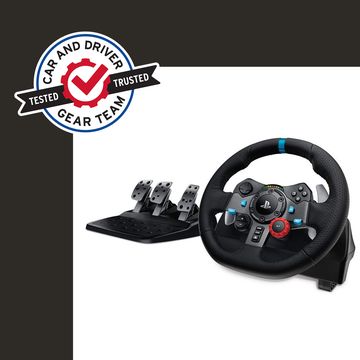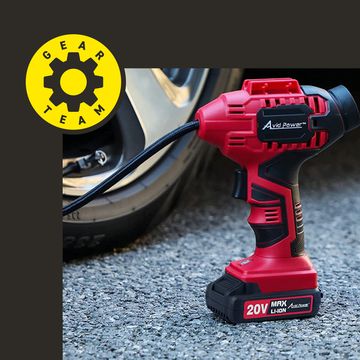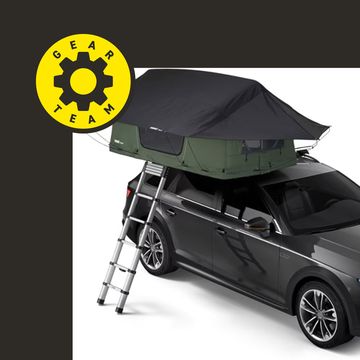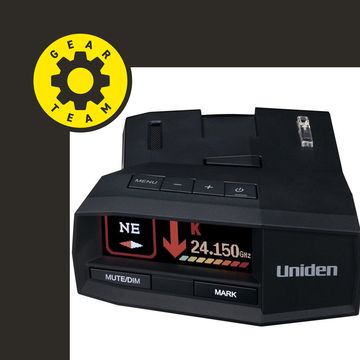Our car experts choose every product we feature. We may earn money from the links on this page.
Tested: Best Jumper Cables for 2023
A set of jumper cables is a nice addition to any roadside emergency kit. Here are the best ones to buy.

As lithium-ion battery technology gets better and better, you might think jumper cables are becoming obsolete. Not necessarily. Jumper cables can come in handy where a dead jump starter would not, so it's not a bad idea to keep a set in your roadside emergency kit.
If you're stuck in the middle of nowhere, you might want to lean toward a portable jump starter. But if you're going to be tooling around town, a set of inexpensive, reliable cables just might save you a tow bill. As a bonus, you may even garner hero status by saving someone else's day.
We tested six options from top choices online and put them through our Gear Team testing. Here are our picks for the best jumper cables.
Our Top Picks
Things to Consider When Shopping for Jumper Cables
Cable gauge: Jumper cables come in different gauges. The lower the gauge number, the thicker the wire and the more amperage the jumper cables can handle. In general, you'll want either 4- or 6-gauge jumper cables for a standard vehicle.
You can get away with higher-gauge jumper cables if you drive a small car, but for full-size trucks, vans, and other large vehicles, you'll want a set of 1- or 2-gauge jumper cables. Thicker jumper cables take up more space in the trunk, though, so it's important to find the right balance between your needs and practicality.
Length: Longer cables allow you to reach between batteries much easier. Since vehicles commonly locate their batteries in trunks these days, it's smart to be ready for a lengthy distance between vehicles. On the flip side, longer cables are more difficult to store if you're short on space.
Clamp quality: You'll want to choose a set of jumper cables with clamp quality in mind because that's where the main connection begins. This is your vehicle's direct lifeline, so you want it to be secure. Good cables are also ergonomically simple to squeeze—which can be super handy in the bitter cold.
Storage: Storing your jumper cables properly can save you space in your trunk, glovebox, or under your seat. Check to see which jumper cables come with handy storage containers—who doesn't like more space in their ride?
How We Tested Jumper Cables
For our jumper-cable test, we wanted to look at all aspects, not just if they work. We tested the following parameters:
- Length
- Weight
- Warranty
- Stated Cable Gauge
- Storage options
- Clamp Quality
- Included Accessories
Comparing notes on each of these parameters, we decided which jumper cables worked best for different situations and which ones fell short. Here are our picks for the best jumper cables.
Collin Morgan is an Associate Commerce Editor at Hearst Autos, where the former Rust Belt mechanic and gadget enthusiast presents the best gear for your automotive endeavors.
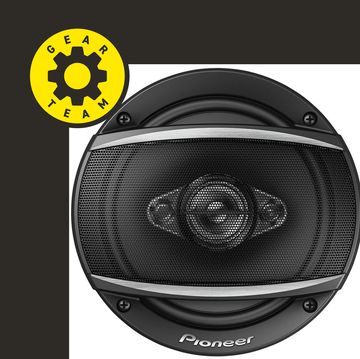
The Best Car Speakers
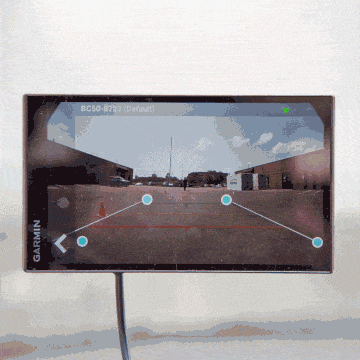
Best Backup Cameras of 2023, Tested
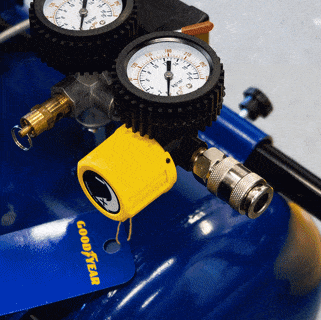
Best Portable Air Compressors of 2023, Tested

Amazon Is Selling a DIY Backyard Guest House
